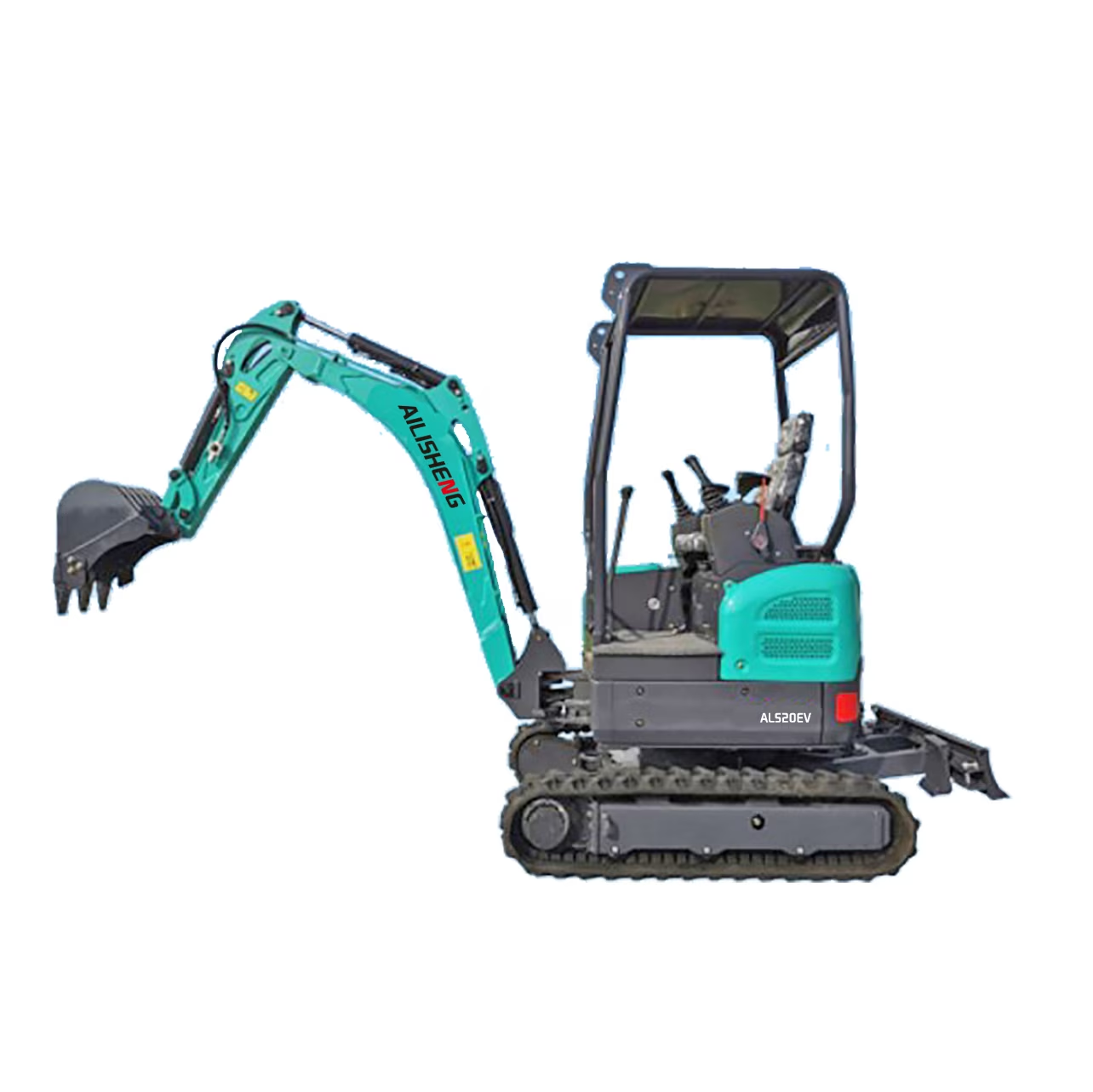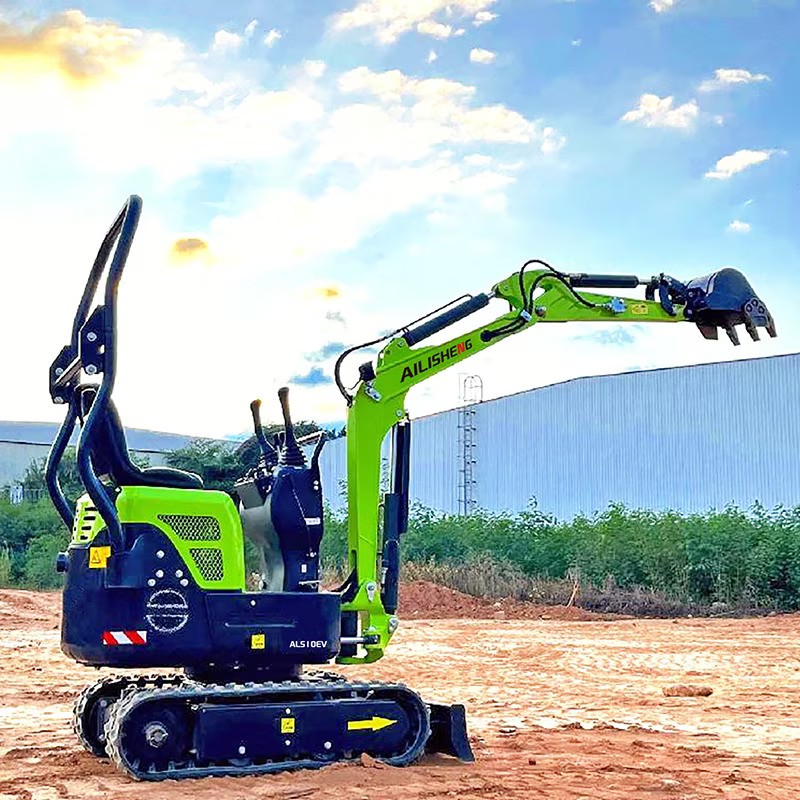Electric mini excavators are slowly but surely making their mark in the construction industry, offering a more sustainable and efficient alternative to traditional excavators. Let’s take a closer look at the pros and cons of electric mini excavators as compared to their traditional counterparts.
Pros of Electric Mini Excavators
One of the most significant advantages of electric mini excavators is their eco-friendliness. Traditional excavators typically run on diesel fuel, emitting harmful pollutants into the atmosphere. In contrast, electric mini excavators are powered by electricity, resulting in zero emissions and reduced carbon footprint. This is a crucial step towards achieving sustainability in construction practices and meeting environmental regulations.
Lower Operational Costs
Another key benefit of electric mini excavators is their lower operational costs. While traditional excavators require regular refueling with expensive diesel fuel, electric mini excavators can be charged simply by plugging them into an electrical outlet. This not only saves money on fuel expenses but also reduces maintenance costs due to the simpler design of electric motors compared to the complex internal combustion engines of traditional excavators.
Quieter Operation
Furthermore, electric mini excavators are quieter in operation compared to traditional excavators. This can be a significant advantage when working in urban areas or noise-sensitive environments where minimizing disruptions is key. The reduced noise levels of electric mini excavator also contribute to a more comfortable and safer working environment for operators and nearby workers.
Cons of Electric Mini Excavators
On the flip side, one of the main drawbacks of electric mini excavators is their limited range and operating time on a single charge. Traditional excavators powered by diesel fuel can operate for extended periods without the need for refueling, making them more suitable for large-scale construction projects that require continuous operation. Electric mini excavators, on the other hand, may need to be recharged frequently, which can result in downtime and productivity losses on job sites.
Higher Initial Cost
Another disadvantage of electric mini excavators is their initial higher cost compared to traditional excavators. The technology used in electric excavators, including high-capacity batteries and electric motors, can be more expensive to manufacture and maintain. This upfront cost may deter some construction companies from investing in electric mini excavators, especially if they are operating on tight budgets or have limited access to charging infrastructure.
Conclusion
In conclusion, the shift towards electric mini excavators in the construction industry brings both advantages and challenges. While electric mini excavators offer benefits such as eco-friendliness, lower operational costs, and quieter operation, they also come with limitations regarding range, operating time, and upfront costs. As technology continues to evolve and charging infrastructure improves, electric mini excavators are likely to become more prevalent in the construction industry, paving the way for a greener and more sustainable future.
